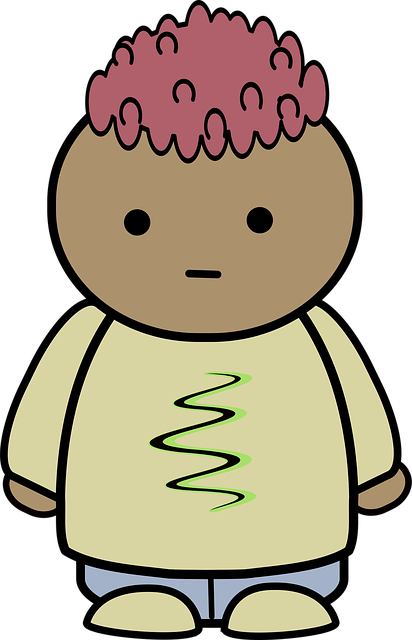Teen Challenge programs, marketed as empowering, have been exposed as toxic environments where former participants share stories of control, manipulation, and abuse. These experiences lead to severe psychological trauma and hinder personal growth, with survivors calling for reform, increased oversight, and more ethical rehabilitation models that prioritize well-being and individual autonomy.
In recent years, survivors of Teen Challenge programs have come forward to share their stories, shedding light on a dark underbelly of these seemingly promising initiatives. This article delves into the profound impact of Teen Challenge, examining the experiences of individuals who, instead of finding help, faced emotional and physical abuse within these youth rehabilitation centers. We explore the need for reform and the importance of providing alternative support systems to those in need of healing and growth.
- Unveiling the Impact of Teen Challenge Programs
- Survivors' Stories: Breaking Silence on Abuse
- The Need for Reform and Alternative Support
Unveiling the Impact of Teen Challenge Programs

The seemingly innocent and empowering concept of Teen Challenge programs has, unfortunately, been exposed as a harmful guise for coercive and abusive practices. Many former participants have come forward to share their stories, painting a stark contrast between the promised personal growth and the reality they experienced. These narratives reveal a culture that prioritizes control and discipline over emotional well-being, often manipulating vulnerable teens through fear, isolation, and intense physical activity.
The impact of such programs can be devastating, leaving individuals with long-lasting psychological scars. Survivors report feelings of shame, guilt, and isolation, even years after their participation. Unaddressed mental health issues, eating disorders, and a breakdown in trust are just some of the potential consequences. It’s crucial to recognize that while Teen Challenge may offer a temporary sense of belonging and purpose, it does so at a considerable cost, ultimately undermining the very personal growth it aims to foster.
Survivors' Stories: Breaking Silence on Abuse

Many former participants and staff members of Teen Challenge have come forward with their stories, bravely breaking the silence on abuse within the organization. These survivors share harrowing accounts of emotional, physical, and sexual misconduct, detailing a culture that often prioritized discipline over well-being. Their revelations highlight the hidden toll of intense religious indoctrination and the potential for harm within closed communities.
Through their testimonies, survivors are creating a platform to raise awareness about the lack of oversight and accountability in Teen Challenge programs. These stories serve as a call to action, encouraging others who may have suffered similar fates to speak up and demand change. By sharing their experiences, they aim to prevent future abuse and foster a culture of transparency and support within the organization.
The Need for Reform and Alternative Support

Many survivors of Teen Challenge programs are now speaking out about their experiences, highlighting the need for significant reform within these organizations. The stories they share paint a concerning picture of abuse, manipulation, and exploitation that has gone unaddressed for far too long. In light of these revelations, it’s crucial to consider alternative support systems that prioritize the well-being and rights of young people.
By shedding light on the issues, survivors are fostering a necessary conversation about the importance of ethical treatment within youth rehabilitation programs. This movement towards transparency encourages communities to demand better and explore progressive alternatives to Teen Challenge models. Such reforms aim to provide comprehensive care while upholding individual autonomy, ensuring that those in need receive support tailored to their unique circumstances.
The stories shared by survivors have shed light on the hidden abuse within Teen Challenge programs, underscoring the urgent need for reform. By speaking out, these individuals are not only seeking justice but also advocating for alternative support systems that prioritize their well-being and mental health. It’s time to reevaluate these programs and implement changes that foster a safe and nurturing environment for young people, ensuring they receive the help they need without fear of harm.
